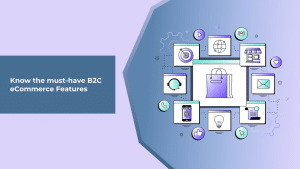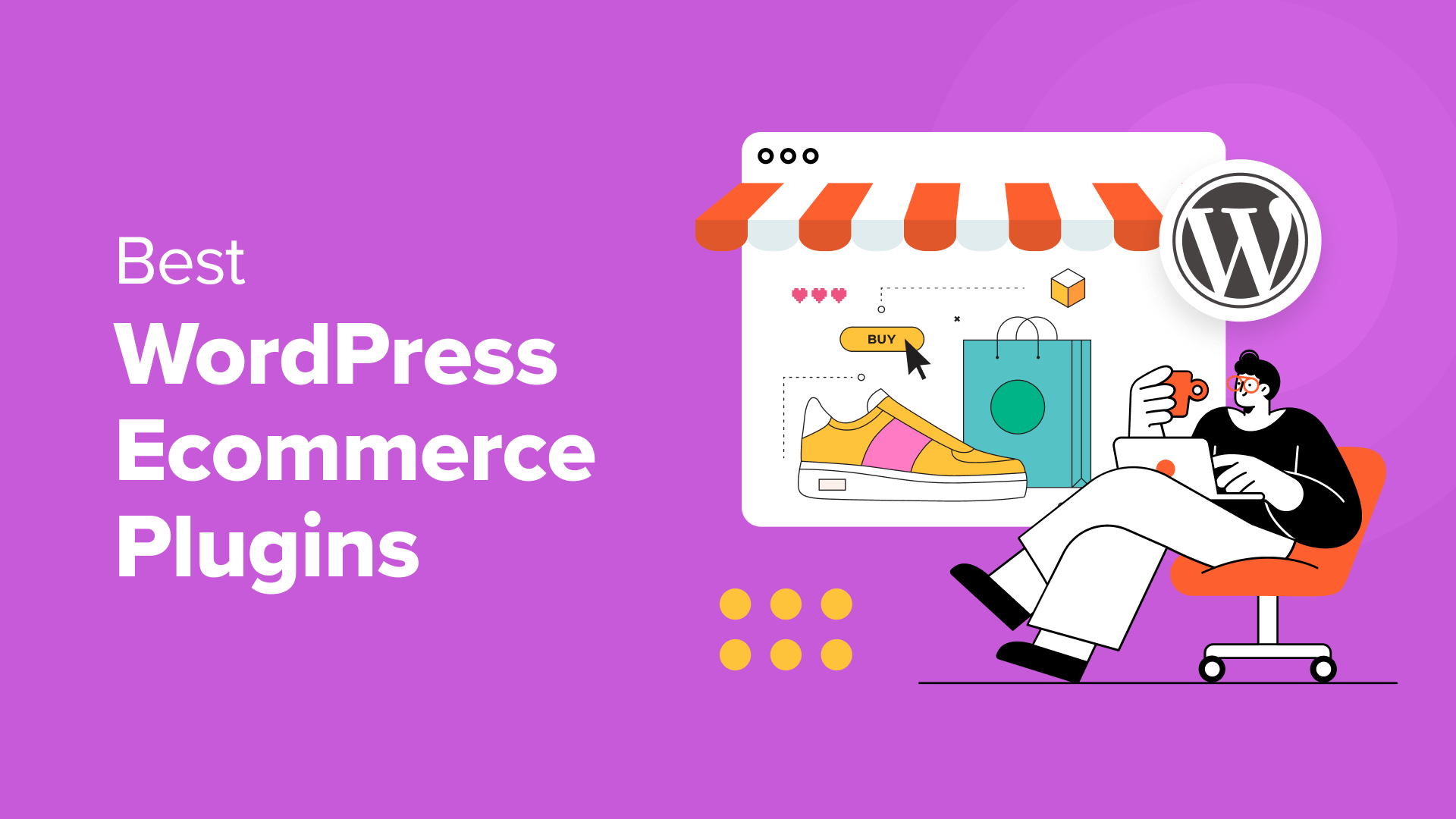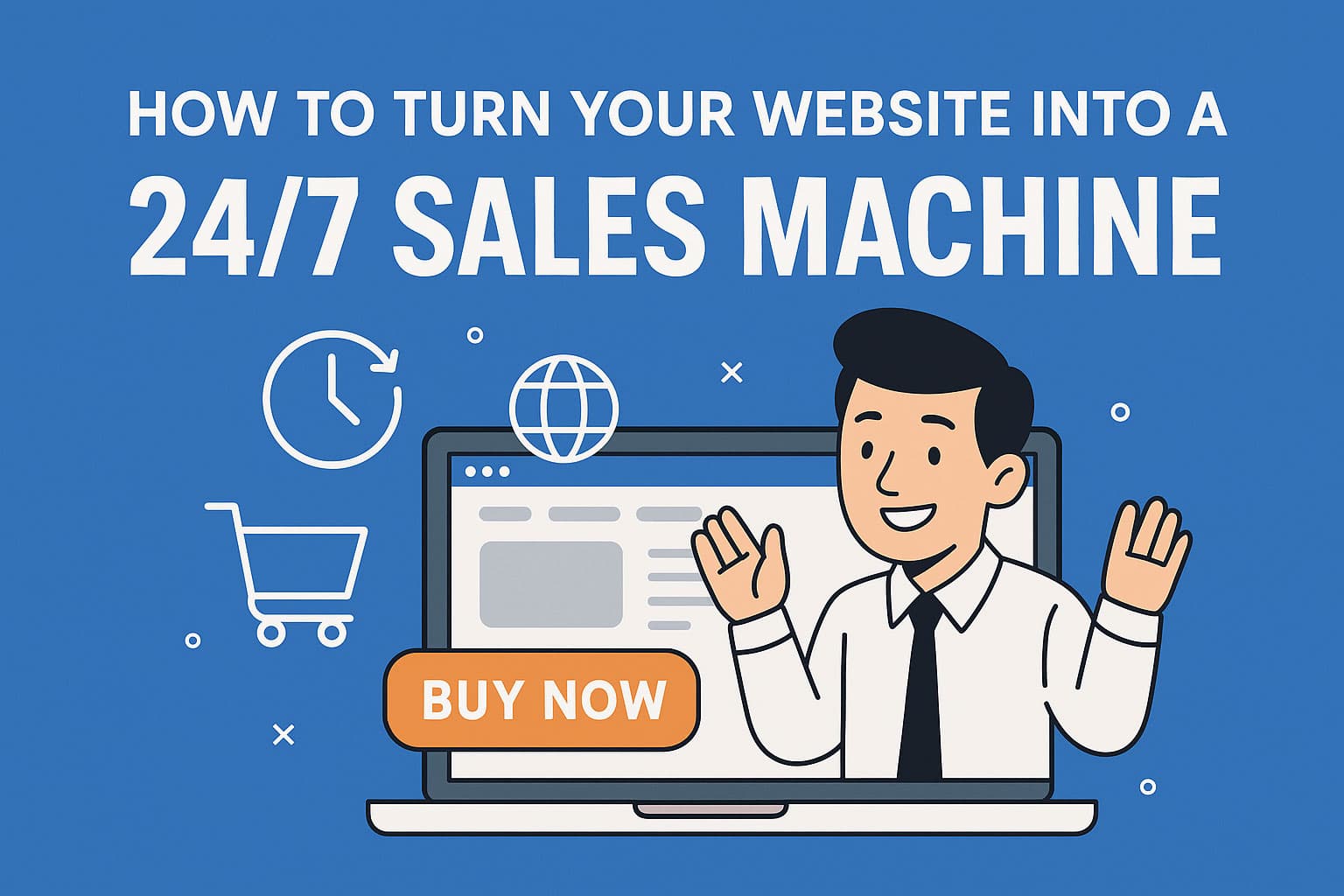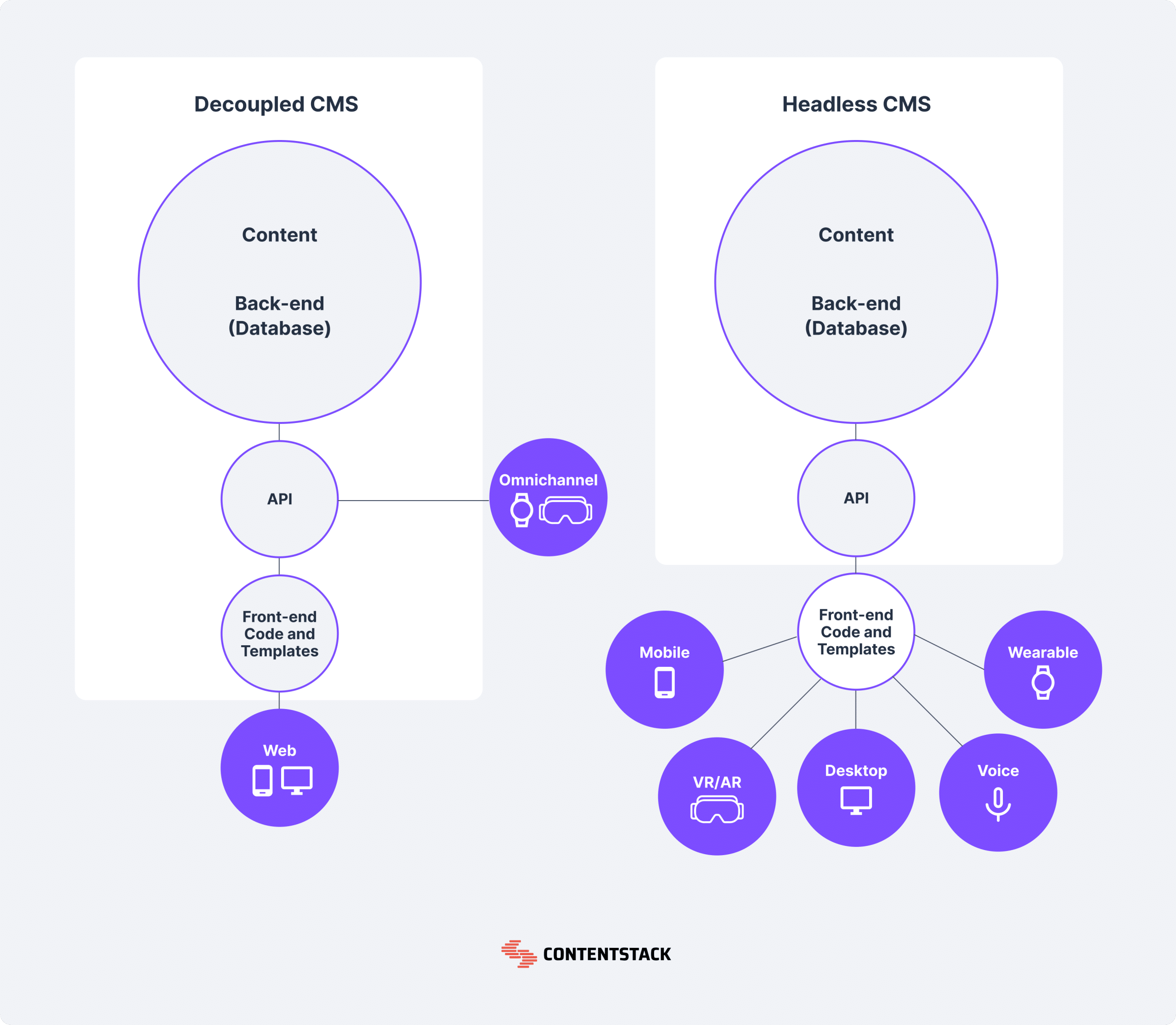Why Ecommerce Plugins are Key to Maximizing Sales
Ecommerce has evolved from a niche market to a mainstream necessity in just a few short years. Online shopping continues to grow, and so does the competitive landscape. For online businesses to thrive, it’s crucial that they adopt tools and strategies that optimize performance, drive traffic, and boost conversions. One of the most effective ways to achieve this is by leveraging ecommerce plugins.

In this article, we’ll explore the importance of ecommerce plugins, the types that can enhance your store, and how they contribute to maximizing sales. Whether you’re just starting out or looking to enhance an existing store, understanding how ecommerce plugins work is essential to your success.
What Are Ecommerce Plugins?
Ecommerce plugins are software components that integrate with your online store to extend its functionality. These tools enable merchants to add various features, such as payment gateways, shipping options, SEO enhancements, customer service tools, and more. By using these plugins, ecommerce business owners can fine-tune every aspect of their operations without the need for complex coding or custom development.
Plugins can either be free or paid, and many ecommerce platforms (such as Shopify, WooCommerce, and BigCommerce) offer dedicated plugin marketplaces where users can choose from hundreds or even thousands of options.
The Role of Ecommerce Plugins in Maximizing Sales
Ecommerce plugins can be a game changer in terms of increasing sales. Let’s look at how these tools help businesses grow:
1. Improved User Experience
A positive user experience is essential for keeping visitors on your site and guiding them through the purchase process. Plugins that enhance user experience, such as responsive design plugins, intuitive navigation tools, and search filters, can significantly improve the way customers interact with your site.
For example, plugins that make your website mobile-friendly are crucial. With the increase in mobile commerce, having a site that adjusts seamlessly to different screen sizes can lead to higher engagement, more page views, and ultimately more sales.
Furthermore, plugins that provide smart search options (like predictive search or autocomplete) allow customers to quickly find the products they are looking for, reducing bounce rates and increasing the chances of conversion.
2. Streamlined Checkout Process
A complicated or lengthy checkout process can drive potential customers away. Studies show that nearly 70% of shopping carts are abandoned before completing a purchase, often due to issues in the checkout flow. Ecommerce plugins can solve this by simplifying the process and making it more user-friendly.
Plugins like One-Click Checkout and Auto-Fill for forms reduce friction by allowing customers to complete their purchases faster and more conveniently. Additionally, offering multiple payment options through plugins like PayPal, Stripe, or Apple Pay allows customers to choose their preferred payment method, further reducing cart abandonment.
3. Enhanced Product Pages

High-quality product pages are critical for converting browsers into buyers. Plugins that enhance product page functionality—such as adding image zoom features, customer reviews, or video content—can have a significant impact on sales.
For instance, product review plugins like Yotpo or Trustpilot can help build social proof by showcasing user-generated content. Positive reviews and ratings often influence purchasing decisions, making your store more trustworthy and encouraging potential buyers to click “Buy Now.”
Additionally, plugins that offer advanced product filters or quick view options make it easier for customers to explore and compare different items. This added convenience can lead to higher sales as customers are more likely to make a purchase when they can find the right product quickly.
4. Marketing and SEO Optimization
Ecommerce plugins also play a significant role in driving traffic to your online store through marketing and search engine optimization (SEO) improvements.
SEO plugins like Yoast for WooCommerce help optimize product descriptions, images, and metadata, ensuring that your store ranks well in search engines like Google. Higher search rankings mean more visibility, which leads to more traffic and ultimately more sales.
Additionally, marketing plugins, such as email marketing integrations (e.g., Mailchimp for WooCommerce or Klaviyo), help ecommerce businesses create personalized email campaigns that target users based on their browsing or purchasing behavior. Abandoned cart reminders, product recommendations, and personalized discounts can all be automated through these plugins, ensuring that your marketing efforts are consistent and effective.
5. Effective Inventory Management
Managing stock efficiently is vital for keeping your store running smoothly and avoiding lost sales due to overselling or stockouts. Inventory management plugins help automate the process by alerting you when stocks are running low or out of stock, and they can even reorder products for you when necessary.
Additionally, these plugins help keep your product catalog organized, ensuring accurate data when customers view your store. By ensuring product availability and consistency, inventory management plugins help avoid customer dissatisfaction and increase sales by keeping products in stock when they’re most needed.
6. Security and Trust
Security is a huge concern for online shoppers, and ecommerce businesses need to ensure that their stores are safe from fraud and data breaches. Using security plugins to protect sensitive information, such as customer payment details, is critical for building trust and increasing conversion rates.
Plugins that offer SSL encryption, secure payment gateways, or two-factor authentication help reassure customers that their personal data is protected. When customers feel safe shopping on your site, they’re more likely to follow through with a purchase.
7. Scalability and Growth
As your business grows, so will your needs. Ecommerce plugins offer scalable solutions that can help you expand and grow your store without having to rebuild your entire website. Plugins that offer multi-currency support, language translation, or international shipping options allow you to target global markets, thus increasing your sales potential.
Additionally, plugins that automate routine tasks—like order fulfillment, inventory tracking, or customer service—free up valuable time, allowing you to focus on strategic initiatives to grow your business even further.
Conclusion

Ecommerce plugins are invaluable tools for any online business looking to maximize sales. By enhancing the user experience, streamlining the checkout process, optimizing product pages, boosting marketing efforts, and ensuring security, plugins help create an efficient and effective online store.
Whether you’re starting from scratch or scaling up your business, leveraging the right ecommerce plugins can provide a significant competitive edge. By investing in the right tools and continually optimizing your store, you’ll be able to drive more traffic, improve conversions, and ultimately increase revenue.
With the right plugins in place, your ecommerce store will be well-equipped to succeed in today’s fast-paced digital marketplace.





